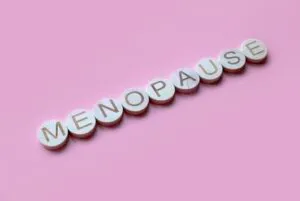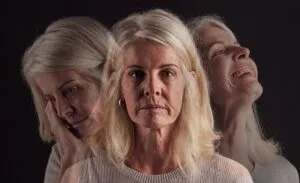Building Stronger Bones as You Age
Starting at age 50, men and women start to lose bone density at a rate of around 0.5 percent each year. For women, the loss is more noticeable since women tend to have thinner and smaller bones than men. Despite what you might think, however, osteoporosis, which is a condition marked by brittle and fragile bones, isn’t a natural part of the aging process. In other words, it’s preventable. A proactive approach to bone health can keep you healthy into middle age and beyond.
Getting the Right Nutrients
It’s not just marketing hype: Milk does a body good. Milk contains calcium, and it’s typically fortified with vitamin D. Both calcium and vitamin D work together to build strong bones and keep them strong as you age. Calcium does the heavy lifting in terms of building bone tissue, but vitamin D helps your body absorb this crucial nutrient. How can you get more of these key components into your diet? Up your dairy intake.
Three servings of low-fat dairy products a day is enough to meet the daily recommended amount of 1,000 mg/day for men and women. After menopause, increase the daily amount to 1,200 mg. For vitamin D, recommendations vary based on other dietary factors and age. If you’re younger than 50, you need about 600 international units of vitamin D per day. The recommendation jumps to 800 IUs a day after age 70. If you live in a warmer, sunnier climate, try getting more sun exposure. Just 15 minutes a day of unprotected sun exposure can boost your vitamin D levels naturally.
Keeping up with nutrient intake can be tough, so try tracking your food with a calorie-counting app, such as MyFitnessPal. Even if you don’t need to count your calories, a tracking app can help you see the breakdown in your nutrients so that you can adjust as needed.
An Active, Varied Lifestyle
Regular and varied activity will help you to build stronger, more durable bones. Opt for strength and resistance training activities that force your body to generate new bone tissue more often. The earlier you start, the better. Consistent exercise and a healthy regimen in your 20s and 30s will help you long after menopause starts. Don’t be afraid to try new activities and exercises, either. In fact, varying your workouts will challenge your body, which will have a positive impact on your long-term bone health.
Supplementation When Necessary
Eating well and staying active can help most people strengthen their bones as they age, but some people simply don’t get enough vitamin D or calcium. Medical conditions, low hormone levels and other factors can affect your body’s ability to absorb vital nutrients. Bone density can suffer because of these conditions. Talk to your doctor about dietary or hormone supplements that can restore lost bone density and protect your body in the process. You may need to take an over-the-counter calcium or vitamin D supplement. You may also benefit from hormone replacement therapy, which can restore your estrogen levels and prevent osteoporosis from developing.
Sources:
https://www.webmd.com/healthy-aging/nutrition-world-2/bone-strength
https://www.everydayhealth.com/news/how-to-boost-bone-health-menopause/





